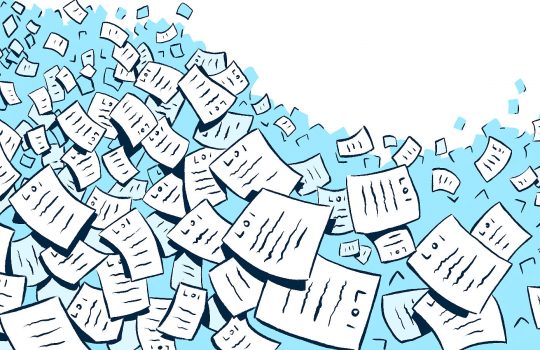Dan Hooper: What happened at the Big Bang?
From New Scientist, Jan. 25, 2021: The Big Bang left us the universe — and a major set of mysteries around antimatter, dark matter, dark energy, and cosmic inflation. While the Large Hadron Collider looks at what the laws of physics were like a trillionth of a second after the Big Bang, Dan Hooper, head of theoretical astrophysics at Fermilab, thinks the answers to these puzzles may depend on better understanding that first fraction of a second — even closer to the universe’s beginning.


